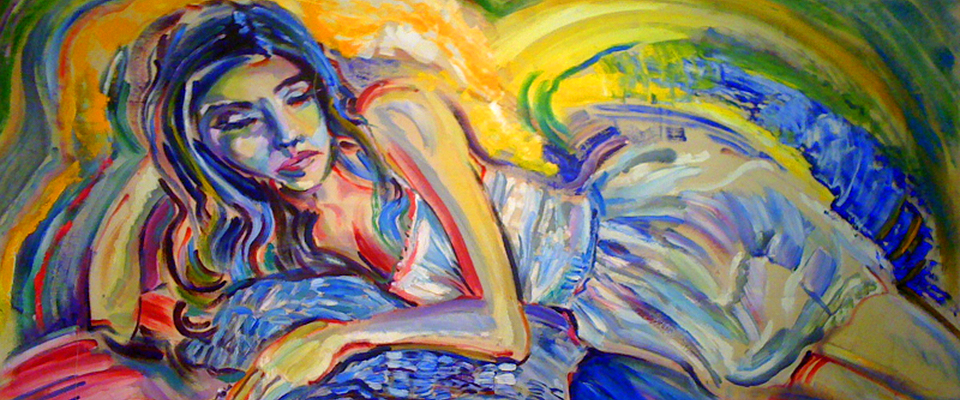Master Café-Quality Coffee at Home

There’s something truly special about starting your day with a cup of coffee that tastes like it was crafted in your favourite café. Many coffee lovers swear by Jura coffee machines for their ease of use and consistent results, even though the quality of your coffee beans plays an equally vital role in that excellent cup. Regardless of whether you prefer a robust espresso or a mild latte, having great beans and reliable equipment sets the foundation for café-worthy coffee right in your own kitchen.
Making great coffee at home isn’t just about fancy gadgets or expensive beans; it’s about understanding some essential components that can change your everyday brew. You don’t need to be a barista to enjoy coffee that rivals your local coffee shop. With some simple tips and a little attention to detail, you can impress yourself and anyone who shares your coffee ritual.
One of the first things to think about is the freshness of your coffee beans. Beans that are roasted recently and appropriately stored can completely change the taste of your coffee—buying and grinding whole beans just before brewing preserves all the delicious oils and aromas that make coffee so enjoyable. Pre-ground coffee tends to lose its flavour quickly, so investing in a good grinder or using a coffee machine with an integrated grinder may be a game-changer.
Water quality is often overlooked, but it has a major impact on the flavour of your coffee. Using filtered water that’s free of impurities makes a noticeable difference. After all, coffee is mostly water, so if your water tastes off, your coffee will, too. It’s a small step, but one that helps bring out the best flavours from your beans.

Temperature and brewing time are another pair of important factors. Coffee brewed too hot can taste bitter, while too cold can be weak and underwhelming. Between 195°F and 205°F is the ideal temperature range that tends to hit the sweet spot for most coffee types. If you’re using a manual method like a pour-over or French press, pay close attention to timing, typically between 3 and 5 minutes, depending on the style. If you’re relying on an automatic coffee machine, many models allow you to control these settings, helping tailor the coffee to your liking.
The type of coffee you enjoy also influences how you brew it. Are you a fan of a strong espresso shot, or do you prefer a milder drip coffee? Knowing what you love helps you pick the right brewing method and beans. For example, dark roasts often work well for espresso machines, while light to medium roasts shine in drip coffee or pour-over styles. It’s worth experimenting to discover what suits your taste buds best.
Another fun part of brewing at home is playing with milk and flavour. Frothing milk to create that creamy, velvety texture can take your coffee from good to café-level great. You don’t need a fancy machine to froth milk; a simple handheld frother or even shaking warm milk in a jar works well. Incorporating a touch of cinnamon, cocoa powder, or a drop of vanilla extract can personalise your drink and make the experience feel special.
Consistency is key if you want to brew café-quality coffee regularly. Keeping your equipment clean ensures each cup tastes fresh and free from any old coffee residue that can affect flavour. Regularly descaling your coffee machine or thoroughly cleaning your French press keeps things running smoothly. A clean setup means fewer surprises in taste and more enjoyment in every sip.
Another secret that often goes unnoticed is the grind size. Different brewing methods need different grind textures. For instance, the grind needed for espresso is fine, whereas that for a French press calls for a coarser one. If your grind size is off, your coffee might be too bitter or too weak. Many coffee lovers find that dialling in the perfect grind size takes a little trial and error, but makes all the difference once you get it right.
Don’t forget about the environment where you brew your coffee. Having a dedicated space where everything you need is within reach can make the whole process more enjoyable and less rushed. A clean, inviting coffee station invites you to slow down and savour the ritual, which is part of what makes café coffee so satisfying.
Sometimes, the joy of brewing coffee at home is in the little moments: the aroma that fills the kitchen, the sound of the coffee dripping, the warmth of the mug in your hands. It’s about creating a comforting routine that starts your day on the right note. When you combine quality beans, the right machine, and a bit of patience, you’re well on your way to that perfect cup every time.
If you want to explore new flavours, consider trying beans from different regions or roasters. Coffee is incredibly diverse, with beans from places like Ethiopia, Colombia, or Brazil offering unique profiles that range from fruity and bright to rich and chocolatey. Sampling a variety of beans keeps your coffee routine exciting and helps you learn more about what you truly enjoy.
Making café-quality coffee at home doesn’t have to be complicated or intimidating. It’s about appreciating the small details and finding joy in the process. Whether you have a high-end coffee machine or a simple French press, taking time to care for your beans, water, and equipment pays off in delicious, satisfying coffee.
At the end of the day, the best cup of coffee is one that feels like a treat, whether that means splurging on premium beans, dialling in your grind size, or experimenting with different brewing techniques. Your perfect coffee ritual is uniquely yours.
So go ahead, brew that coffee you love, savour the flavours, and enjoy the little moments that make homemade coffee so special. With just a few thoughtful steps, café-quality coffee is well within reach every single day.
















 Eclectic: The make-your-own facet of diverse layout means you can essentially use whichever mixture of colours grabs your attention.
Eclectic: The make-your-own facet of diverse layout means you can essentially use whichever mixture of colours grabs your attention.
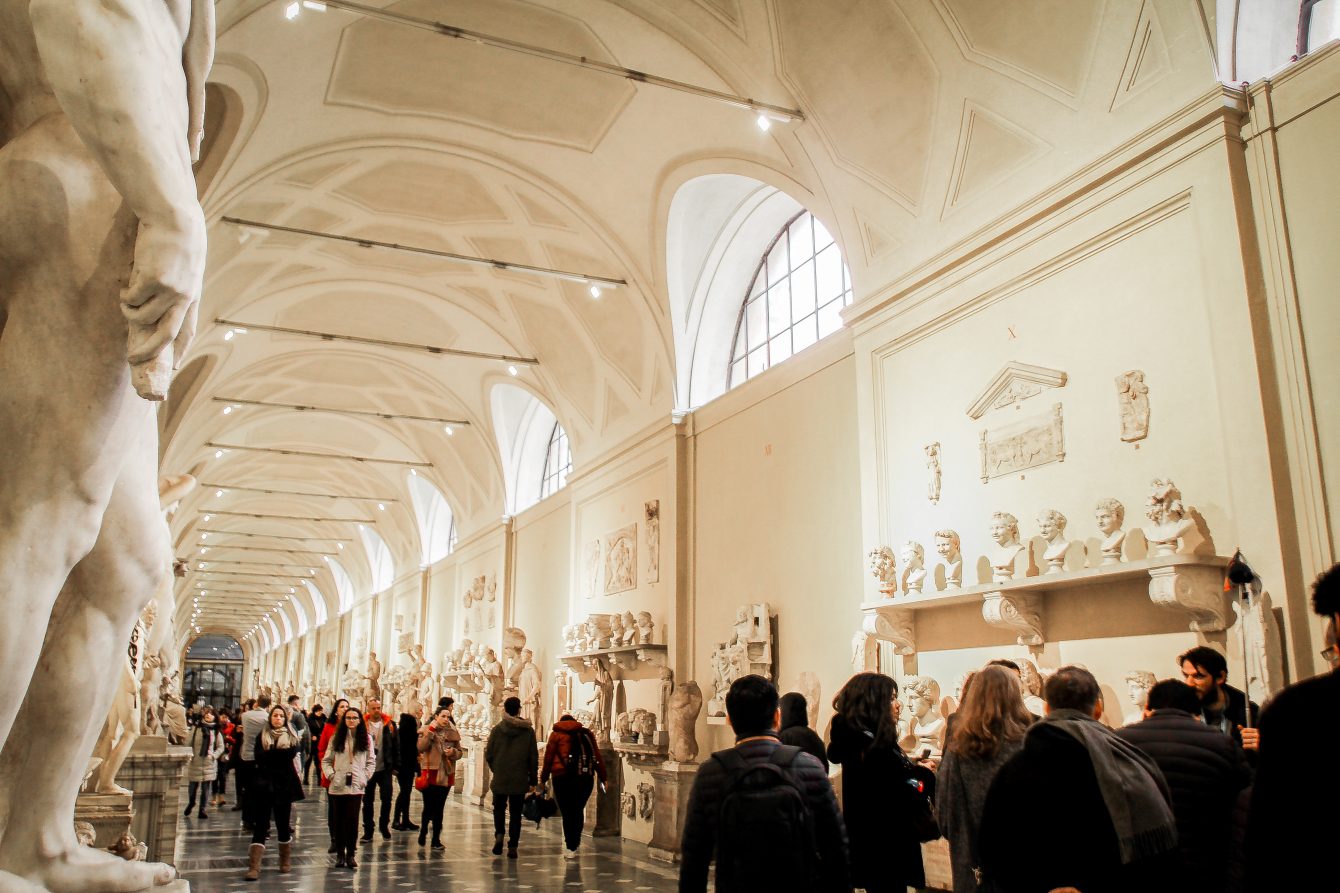

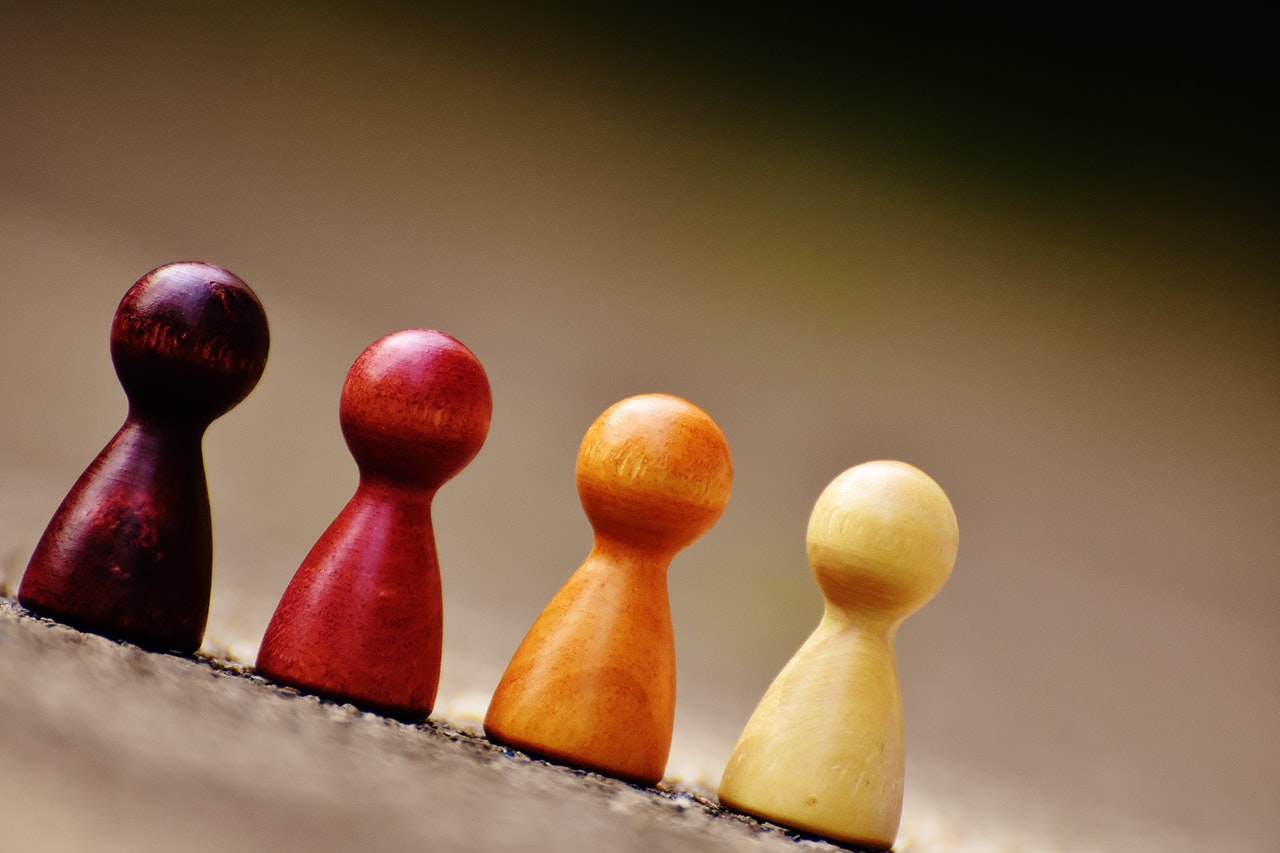
 be careful off before you go off promoting your job. If you do not have your essentials ready to go and presentable, promoting yourself and your job will be time down the drain.
be careful off before you go off promoting your job. If you do not have your essentials ready to go and presentable, promoting yourself and your job will be time down the drain.
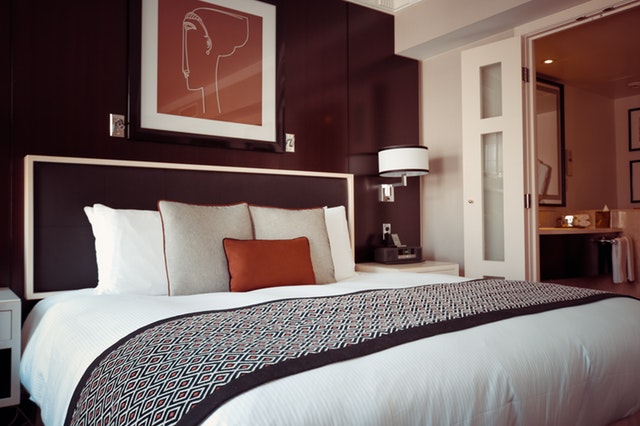 An opulent
An opulent 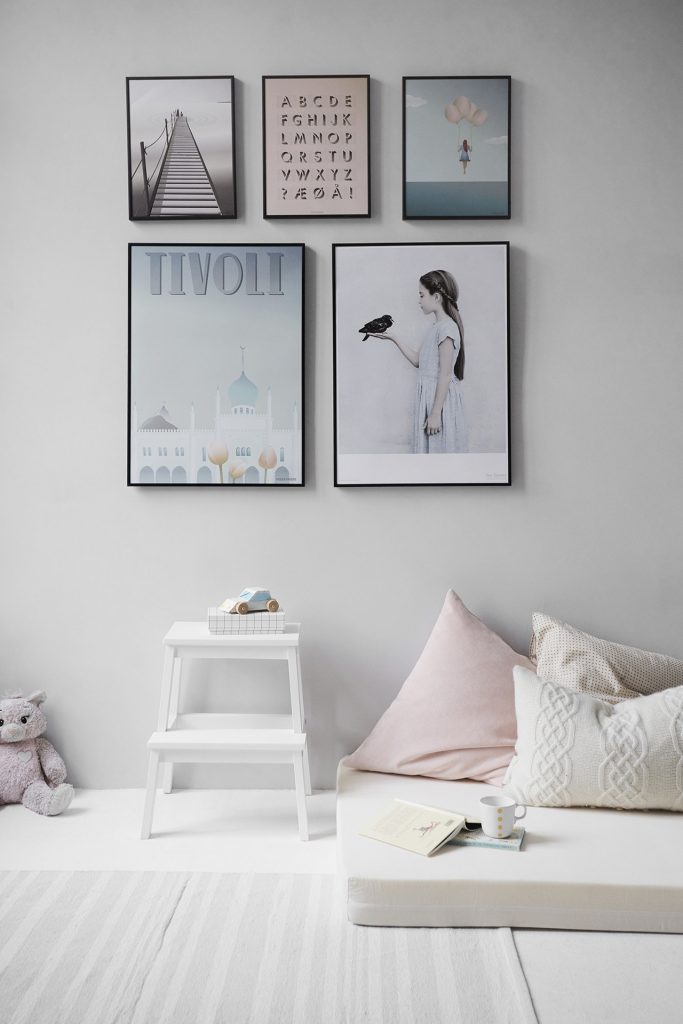 But if you do need to hang the piece, let’s get down to basics. The base of the artwork (or its framework) should just be 8-16 inches above your couch or table. Yep, hang low. You need to place the work so that the core of the piece is at eye level,
But if you do need to hang the piece, let’s get down to basics. The base of the artwork (or its framework) should just be 8-16 inches above your couch or table. Yep, hang low. You need to place the work so that the core of the piece is at eye level, 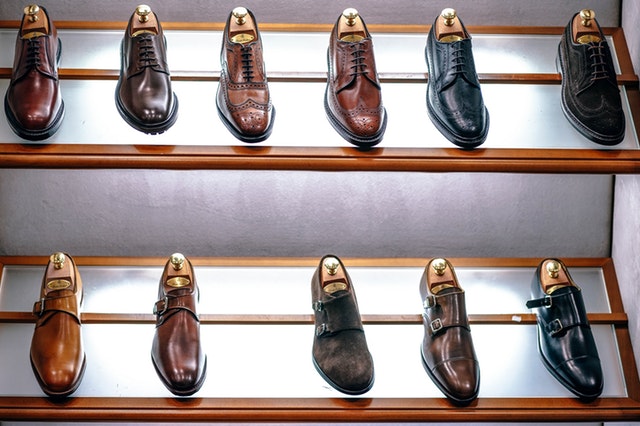 shoe design, while other programs may focus on both shoe layout and accessories design. Topics covered frequently include
shoe design, while other programs may focus on both shoe layout and accessories design. Topics covered frequently include 
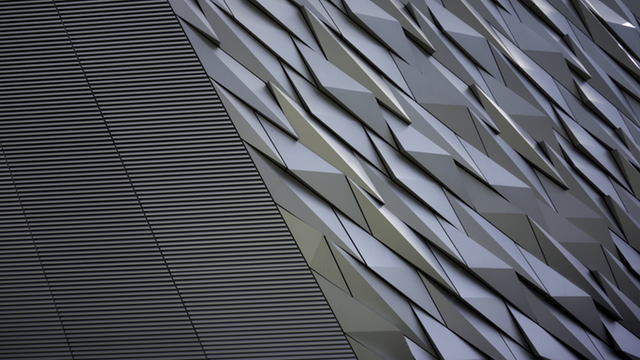 The LendLease-developed International House Sydney opened its doors before this calendar year, as the ‘front door’ into Barangaroo South. The project is constructed entirely of cross-laminated wood (CLT) and glue-laminated wood (GLT), such as flooring, columns, walls, roofing, laminated architectural timbers, elevator shafts, egress stairs and bracing bays. The six above-ground industrial degrees are supported by one ground-level retail flooring of conventional concrete.
The LendLease-developed International House Sydney opened its doors before this calendar year, as the ‘front door’ into Barangaroo South. The project is constructed entirely of cross-laminated wood (CLT) and glue-laminated wood (GLT), such as flooring, columns, walls, roofing, laminated architectural timbers, elevator shafts, egress stairs and bracing bays. The six above-ground industrial degrees are supported by one ground-level retail flooring of conventional concrete.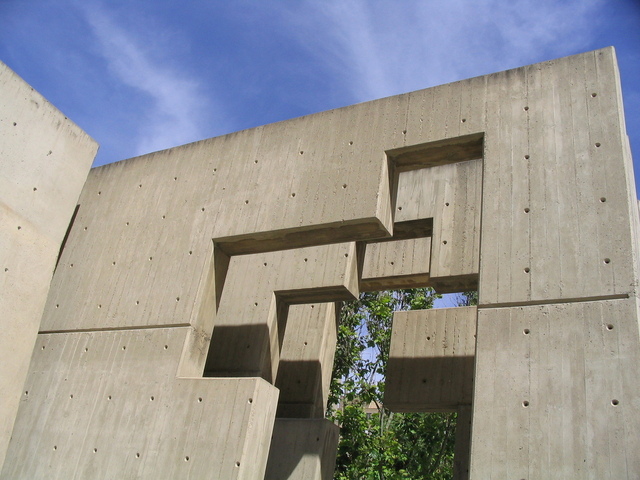 When he is not fixing people’s pipes as part of regular
When he is not fixing people’s pipes as part of regular 
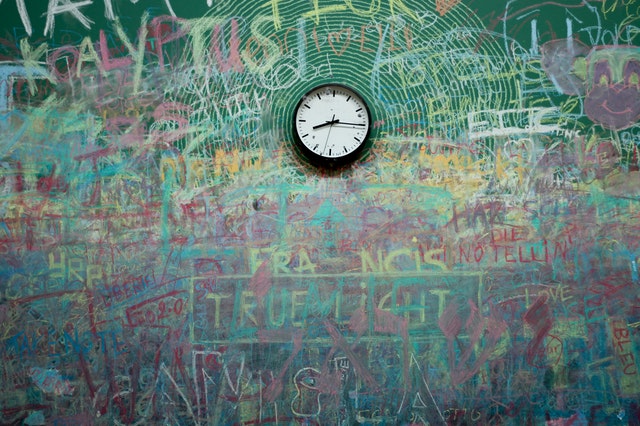
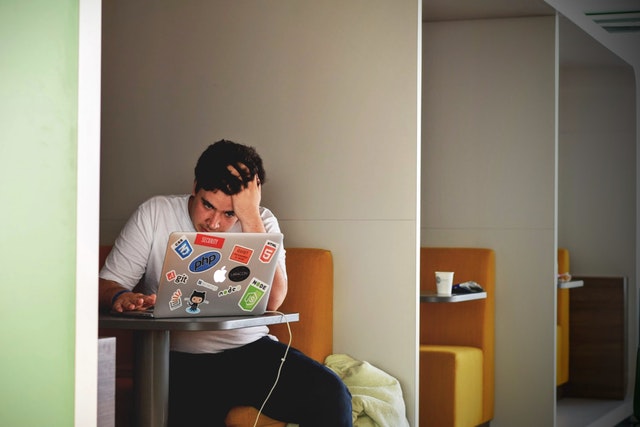 After finishing your school evaluations and other long-term Commitments, recall your targets and motives for finishing these landmarks by writing them down and putting them someplace where you may see them frequently, such as close to your PC.
After finishing your school evaluations and other long-term Commitments, recall your targets and motives for finishing these landmarks by writing them down and putting them someplace where you may see them frequently, such as close to your PC.